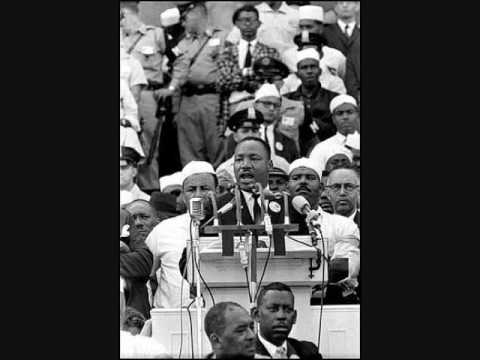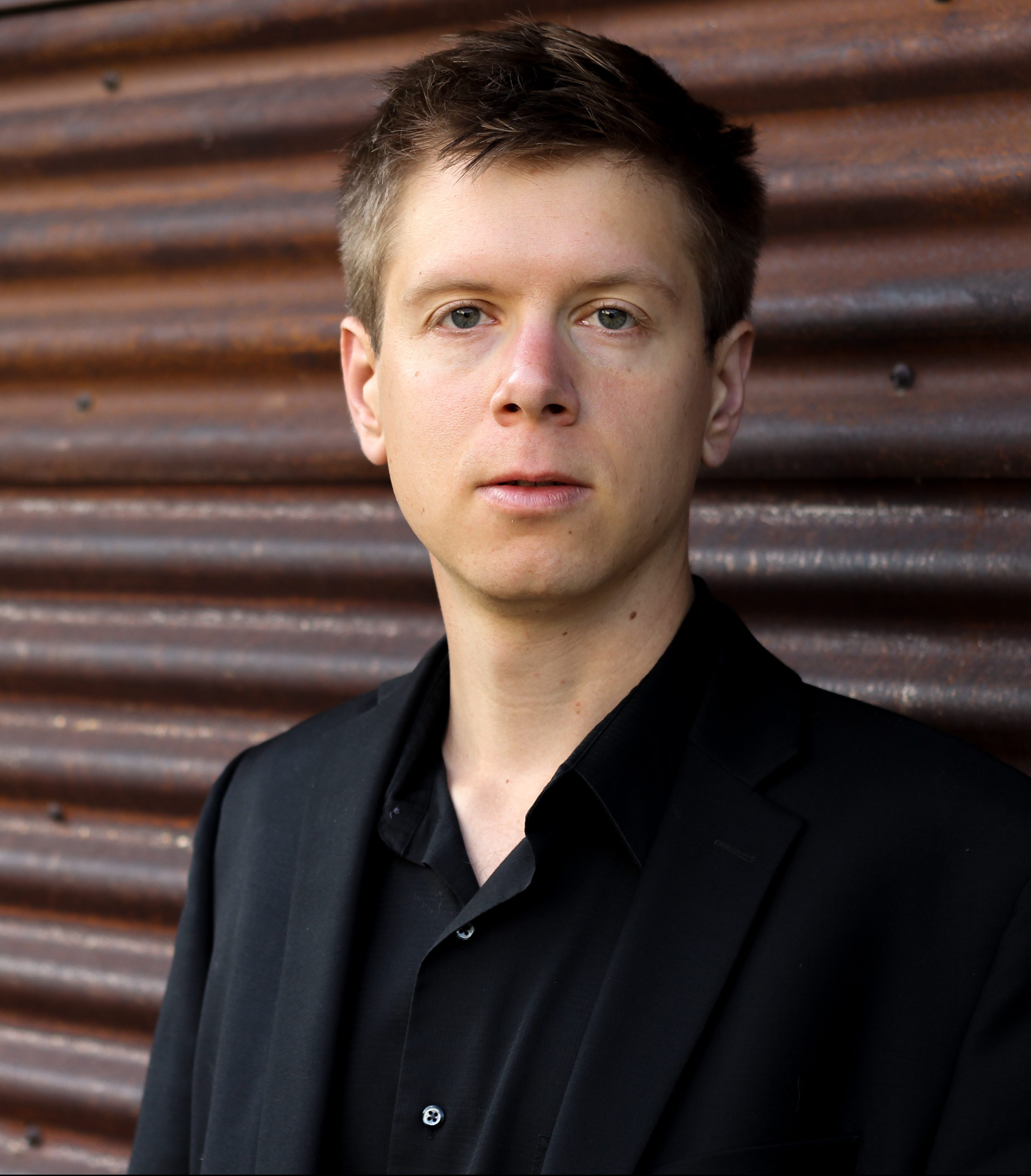So, how do we get from the austere and atonal grandeur of Ruth Crawford’s lament “Sacco and Vanzetti,” to the uplifting hymn tune and civil rights anthem of “We Shall Overcome.” First, shout-out to composer Nate May for making the connection. In 1932 Ruth Crawford married fellow composer, musicologist, and political lefty Charles Seeger Jr, father of then thirteen-year-old Pete Seeger. Yes, the guitar and banjo-wielding, sunny-voiced Pete Seeger was the son of a musicologist and classical violinist, and was raised in part by the avant-garde composer Ruth Crawford. Though he didn’t follow in the stylistic footsteps of his parents, he found a more populist musical vehicle for his vision of social justice in America.
The story of Pete Seeger and “We Shall Overcome” is a complicated one, and it is still unfolding in the newspapers today in a legal battle for copyright. On one level, it is a story of a white activist with affluent roots publishing a well known folk song of the African American tradition, and putting it under copyright; one vessel for the song appointing himself the legal owner. But Seeger wasn’t selfish in his actions—the proceeds from Seeger’s copyright have financed The We Shall OvercomeFund, of The Highlander Center for Research and Education, which makes grants for cultural organizers working for racial and social justice across the South. The song however had life long before Seeger published it in 1948.
Reverend Charles Albert Tindley composed the earliest version of the song in 1900 for the Methodist Episcopal Church. The hymn spread quickly, melding with oral traditions, and as early as 1909 the song was being sung to keep spirits high in early labor strikes of the United Mine Workers. The song took root in the American labor movement, and it was during a black-female-led farm worker strike in South Carolina that one of the song’s great transmitters, union organizer and musician Zilphia Horton heard it. She brought it to its spiritual home—The Highlander Center—where Pete Seeger learned it from her in 1947.
Founded in 1932 in New Market, TN, The Highlander Center has been at the nexus of progressive social movements, and music making, from the early labor movement, the civil rights era, anti-strip mining activism in Appalachia, to present day movements for immigrant rights, LGBTQ rights, and Black Lives Matter. In short, Highlander is the beating heart at the center of movements for justice in the USA. It has been a crossroads for everyone from Dr. Martin Luther King, Nina Simone, Pete Seeger, Hazel Dickens, Lorraine Hansberry, Rosa Parks, and countless unknown activists and artists persistently forwarding justice in America.
From the Highlander Center, the song spread. Guy Carawan, who would later teach it to members of the Student Nonviolent Coordinating Committee (SNCC, organizers of the lunch counter sit ins and Freedom Ride, among other actions), in 1960, learned it at Highlander. Dr. King, who would often quote the song in sermons and speeches, heard it in a performance Seeger gave at Highlander in 1957. SNCC and Dr. King mobilized the song in the most iconic actions of the civil rights movement, and the song became synonymous with the struggle for racial justice.
Seeger moved to copyright the song in 1960, in part to prevent the song’s commercialization for profit alone. As previously mentioned, Seeger’s royalties have gone back to The Highlander Center’s We Shall Overcome Fund, to support ongoing work for racial justice in the South. The song is back in the news as a legal team has successfully sued to move the song into the public domain. A settlement at the end of 2017 removed the song from copyright and fully into the public domain, meaning that the use of the song is now unrestricted, and that Highlander no longer has an institutional claim to the song. The song is woven into our political history and consciousness, and has been a tool for social justice – in moments of political struggle and as a revenue generating cultural artifact. The song is no longer protected and it is up to the public to mobilize the song for the right ends and make sure it serves the needs of the communities it comes from. You all know the tune, so I’ll leave you with Dr. Martin Luther King’s 1965 speech built on the central premise of the song.
Check out Highlander the We Shall Overcome Fund, here.



0 Comments